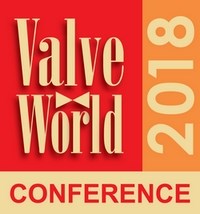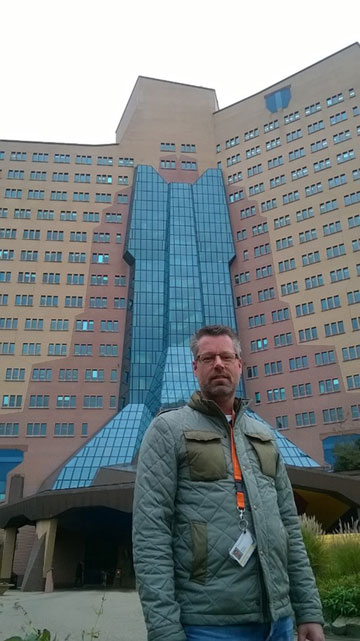Gasunie is a gas infrastructure company in The Netherlands and northern Germany. The company has approximately 15,500 kilometres of gas pipeline that they maintain, including approx. 70,000 valves.
“Installation is the most problematic phase of a valve,” Mr. Nijland states. “When it has passed the installation phase well, it is no longer a problem for the rest of the life of the valve. The biggest risks occur during the installation and it is crucial to ensure that the valve is seen as the delicate component that it is and is also treated as such.”
Prevention is better than cure
At Gasunie, while in operation, valves are maintained and functionally tested on preventative basis at certain time intervals. Various tests are conducted, including for possible transit times, the torque value, and the initial torque at purchase phase.
The functionality of the valves is also checked. “Is it actually still as tight as when it was installed?” Mr. Nijland asks. “Can we lubricate a certain part? What must it be lubricated with? And what is the actual function of the valve? We conduct maintenance every three years to keep all assets in good shape.”
In addition to consistent maintenance, Gasunie raises the bar when it comes to complying with standards. “Within our organisation we have experienced a variety of situations in our fifty five years of existence,” Mr. Nijland tells. “Due to these experiences, we have developed our own ‘GTS’ standards.” GTS stands for Gasunie Technical Standards and these are an addition to legal or governmental standards. The GTS are the result of Gasunie taking ownership to ensure safety and reliability.
In addition, to assure themselves that every valve that is used was manufactured in accordance with the PED (Pressure Equipment Directive), Gasunie have these checked at their own inspection department; supplier’s documents are verified by witnessing the hydrostatic test.
Gasunie has a complete department that deals with data analysis. Since Gasunie has been transporting gas since 1963, they have collected a lot of information and know-how over the years. They use SAP system to run the analyses.
Gasunie believes in a sustainable future with a balanced energy mix and a lasting role for diversified gas. “We see an important role for hydrogen and biogas,” says Mr. Nijland. “By converting water through electrolysis with energy from wind and sun to hydrogen it can be stored; therefore hydrogen has a great potential in the future energy mix. Together with partners we are involved in several projects regarding hydrogen and bio gas. Gas infrastructure will remain important in the future and therefore maintenance as well.”
Mentioning the upcoming Valve World conference, Mr. Lammert tells: “You know, I am really looking forward to the days in Düsseldorf. This will be the fifth time for me and it is always nice to discuss matters with other end-users, as well as with suppliers.” At the Valve World Conference – held at the end of November – Mr. Nijland will share his knowledge on verification of inspection documents in a workshop he participates in. Items to be discussed, include: Do documents match the material that comes with them? How can this be checked? And are the materials actually correct?
During the three days of Valve World 2018, end-users and suppliers have the opportunity to gain an updated insight in what’s going on in the market, learn about new technologies, and refresh their knowledge. “And the event provides very good networking opportunities,” Mr. Nijland concludes.




